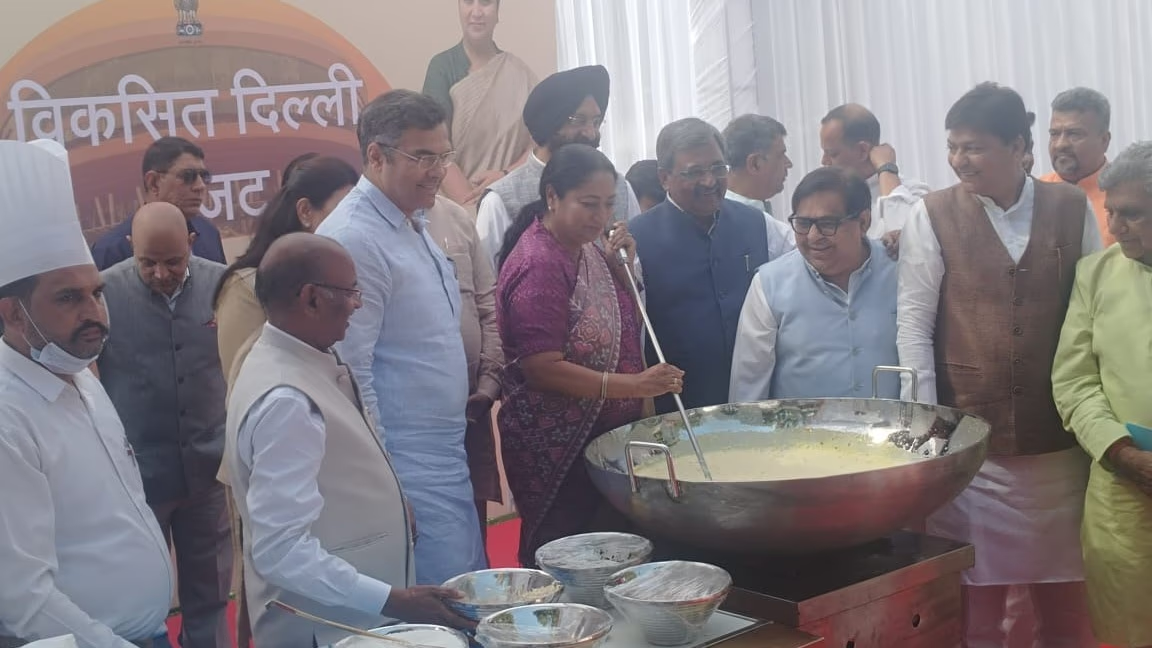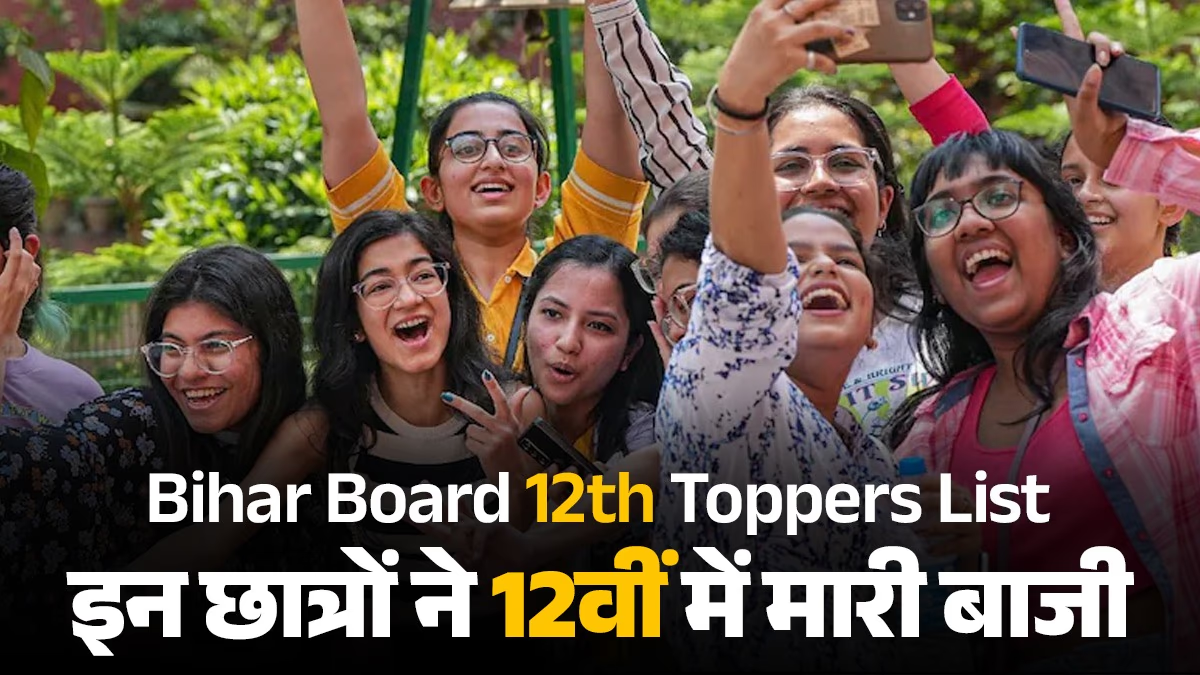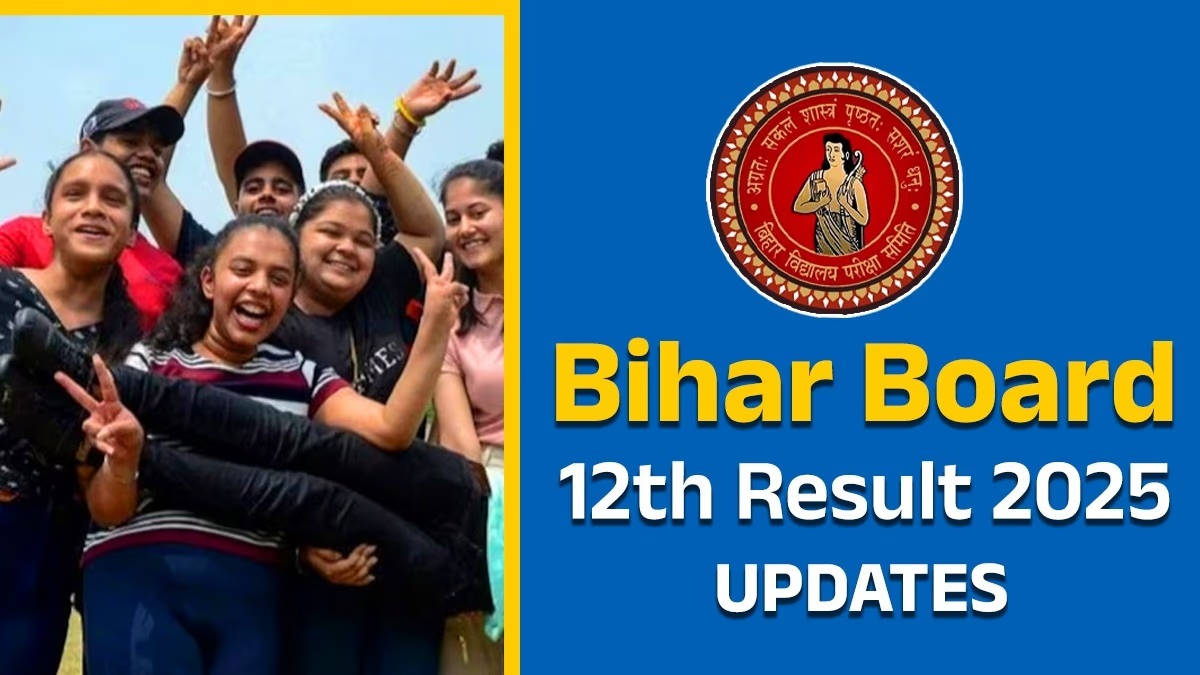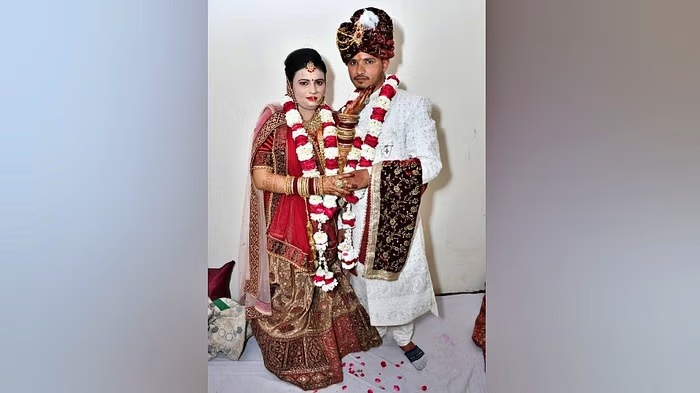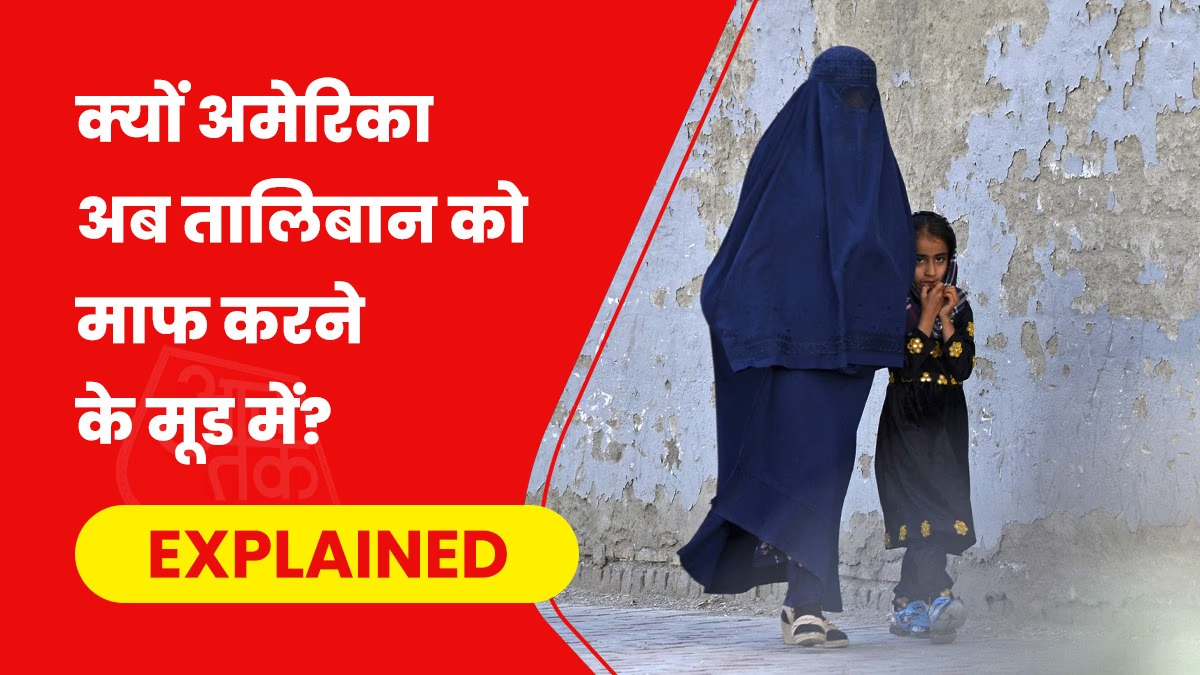The city of Delhi witnessed an unexpected Rice Pudding Ceremony before the budget presentation, with Chief Minister Rekha Gupta offering it to Lord Ram—a unique gesture marking the event. This ceremonial celebration adds a sweet touch as the Delhi budget is set to be unveiled on March 25. Moreover, those who contributed suggestions to the budget will also receive their share of the ceremonial rice pudding.
While Chief Minister Rekha Gupta prepares for the 'Rice Pudding Ceremony' in anticipation of the budget, AAP MLAs stage protests within the Delhi Assembly. Their protest centers around a pressing question: when will women beneficiaries receive their monthly assistance of Rs 2500 from the Delhi government?
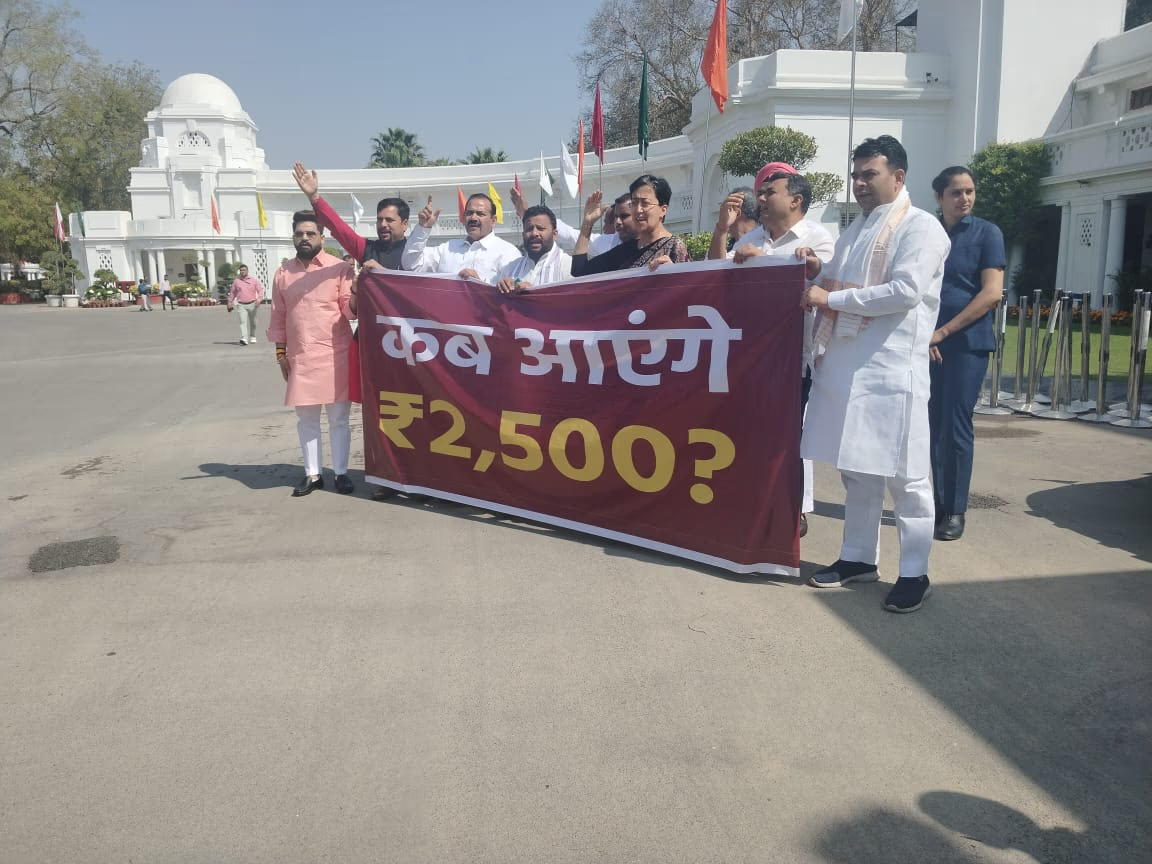
Source: aajtak
Read More:
Understanding Delhi's Budget Process
On Tuesday, Delhi's CM Rekha Gupta will present the budget, with budget sessions commencing from today, Monday, and continuing until March 28. Gupta has outlined the budget as the 'Developed Delhi Budget,' focusing on empowering women economically, enhancing education and healthcare services, improving infrastructure, and addressing pollution and drainage issues. It is crucial to understand how the Delhi budget is determined, the extent of central government aid, and the sources of Delhi's revenue.
Delhi, as a union territory, operates under a shared administration by both central and state governments. Although the state government drafts the budget, the central government's influence is clearly visible. The budget addresses various expenditures and revenues concerning state development projects, education, health care, transportation, law enforcement, and other essential services.
Read More:
Support from the Central Government
Financial assistance from the central government to Delhi depends on various central policies and plans. The primary source includes central schemes and funding. Delhi benefits from significant central initiatives like the Swachh Bharat Mission and the Pradhan Mantri Awas Yojana.
